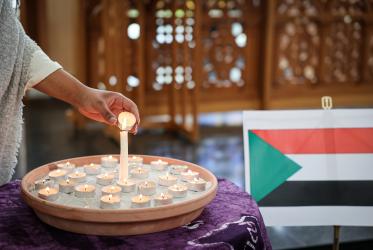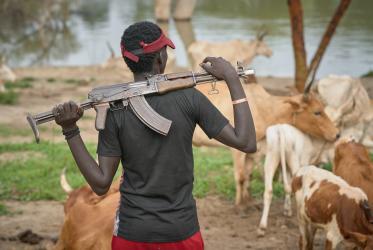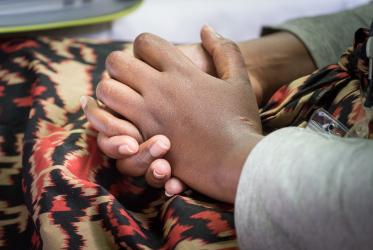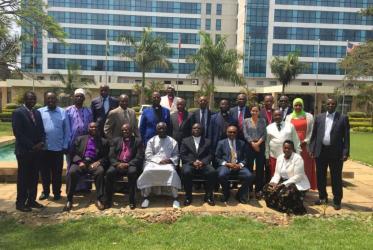Displaying 1 - 20 of 28
Sudanese church leaders express hope that new pact will end war
08 October 2020
South Sudan Church leaders welcome new cabinet
15 March 2020
Walking together against hatred and violence
26 February 2018
African women embark on pilgrimage in Burundi
29 November 2017
An interview with the Ethiopian Patriarch, Abune Matthias
14 February 2017













